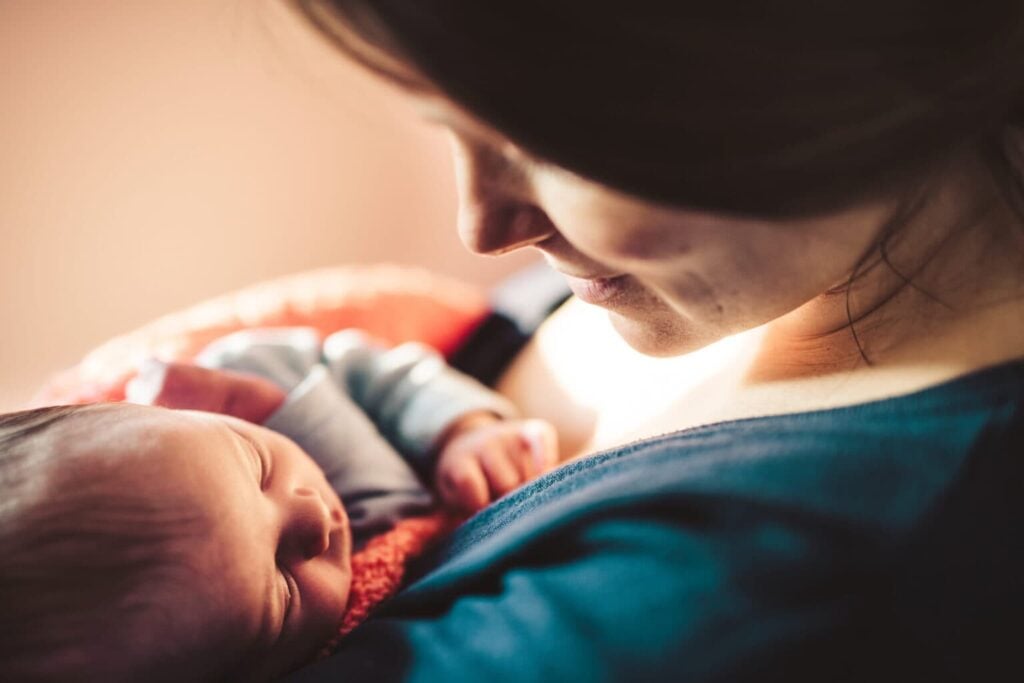“Emma Watson opens up about coining the term ‘self-partnered,’ shedding light on its meaning and why she chose to embrace it.”
Emma Watson has a knack for capturing attention both on and off-screen, and she’s once again made waves by redefining her relationship status.
The actress, best known for her iconic role as Hermione Granger in Harry Potter, introduced a term in 2019 that continues to resonate: “self-partnered.”

Now, at 34, she has taken the opportunity to clarify the true meaning behind the viral term she coined.
Let’s not forget how it all began. In 2019, Watson had just turned 29 and was feeling the heavy pressure of society’s expectations surrounding her personal life.
Emma Watson’s pre-30 interview ignites controversy.

Let’s take a step back to 2019, when Watson sat down with Vogue for an interview just ahead of her 30th birthday.
She was asked about her love life—a common question for celebrities—and her response quickly became the talk of the town.
She confessed that she had always believed being single couldn’t genuinely make anyone happy.
However, as her 30th birthday approached, Watson found herself unexpectedly content without a partner—a feeling she hadn’t anticipated.
Rather than referring to herself as “single,” Watson described herself as “self-partnered,” and the phrase quickly caught on, sparking widespread attention.
And that’s when the term “self-partnered” was born—a way for Watson to express that she didn’t need someone else to feel whole or fulfilled.

However, she wasn’t just coining a catchy phrase; Watson was expressing something much deeper about societal pressures and the true nature of personal happiness.
Watson speaks out about the weight of societal pressure.

Watson shared that as she neared 30, she felt immense pressure to achieve society’s traditional milestones: marriage, children, and a stable career.
“There’s an incredible amount of anxiety,” Watson admitted, explaining how society creates the feeling that turning 30 is an invisible deadline for achieving everything.
She explained that this pressure made her anxious and left her skeptical about the happiness of single people—until she experienced it for herself.
Watson then embraced the concept of finding contentment within herself, stating, “It took me a long time, but I’m very happy [being single]. I call it being self-partnered.”
Fans go wild for Watson’s fresh take on single life.

It resonated with people worldwide, and suddenly, “self-partnered” emerged as the new term to describe being single and happy.
The phrase gained immense popularity, igniting discussions everywhere about independence, self-love, and the pressure to conform to societal expectations.
Watson’s philosophy echoed the sentiments of a generation grappling with the pressures of settling down and the desire for independence.
Even celebrities like Gwyneth Paltrow praised the term, commending Watson for encapsulating the essence of modern womanhood.
Despite the widespread embrace of the term, Watson aimed to clarify any misunderstandings surrounding it.
Emma Watson speaks out.

In December 2023, she sat down with Vogue once more to clarify her true meaning behind being “self-partnered.”
This time, her message was more nuanced: it wasn’t solely about celebrating singlehood but rather about finding peace within herself.
Watson reflected, “By the time I turned 30, I realized, ‘Oh, maybe I’ve figured out some things about how to care for myself better—maybe quite well, actually.’”
The true meaning of ‘Self-Partnered’ revealed.

However, Watson never intended for the term to serve as a permanent public declaration of singlehood.
The term wasn’t an anthem for being single; rather, it was a declaration of self-sufficiency, reflecting how she had learned to stand on her own two feet.
In her latest interview, she clarified that being “self-partnered” was primarily about her journey in learning to take care of herself and address her own needs.
She’s not opposed to relationships; in fact, she has reportedly been dating fellow Oxford University student Kieran Brown since July 2024.

Watson also emphasized the importance of her friends and family, particularly after Covid, in helping her establish a strong support system.
“Coming out of Covid, I really understood the importance of building community,” she said, highlighting how close connections contributed to her personal growth.
Watson takes pride in her journey, explaining that she’s content with the balance she’s achieved between independence and connection.
So, if you believed that “self-partnered” was merely a playful way to avoid discussions about relationships, think again—it signifies something much more significant: taking ownership of your happiness, with or without a partner.





